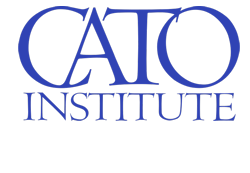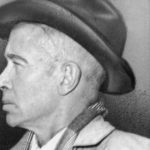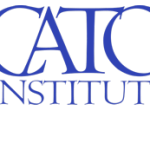James A. Dorn
James A. Dorn
Free market economist Leland Yeager. (Photo: X, Twitter)
In 1954, the Robert Schalkenbach Foundation published a small book by Leland B. Yeager titled, Free Trade: America’s Opportunity. In it, he presents a concise but rigorous defense of free trade—both as a normative principle and a system that has a large net benefit to the world in terms of expanding the range of choices open to people and increasing the wealth of nations. This article provides a summary of some of Yeager’s key points that are relevant to current trade policy. (For a more detailed discussion of Yeager’s work, see Dorn 2018.)
The Normative Case for Free Trade
Yeager begins his book by presenting several value judgments that underlie the case for free trade:
“That the well-being of individual human beings, as they themselves see it, is supremely desirable.”
“That high and rising standards of living in terms of useful goods and services are an important element in human well-being (though not necessarily of overriding importance).”
“That people should have as much freedom to run their own lives and businesses as is compatible with the freedom and well-being of others.”
“That no group of people has a right, merely because of the occupation or industry in which its members work, to special favor from the government at the expense of the general public.”
In other words, people should be free to choose—that is, to pursue their happiness—provided they don’t violate the equal rights of others to their lives, liberties, and estates. This is the principle of freedom or what John O’Sullivan called the “voluntary principle.” Free trade presupposes a government of limited powers designed to protect persons and property, not one that restricts trade and caters to special interests. As Sullivan, editor of the United States Magazine and Democratic Review, » Read More
https://www.cato.org/blog/leland-b-yeager-case-free-trade






